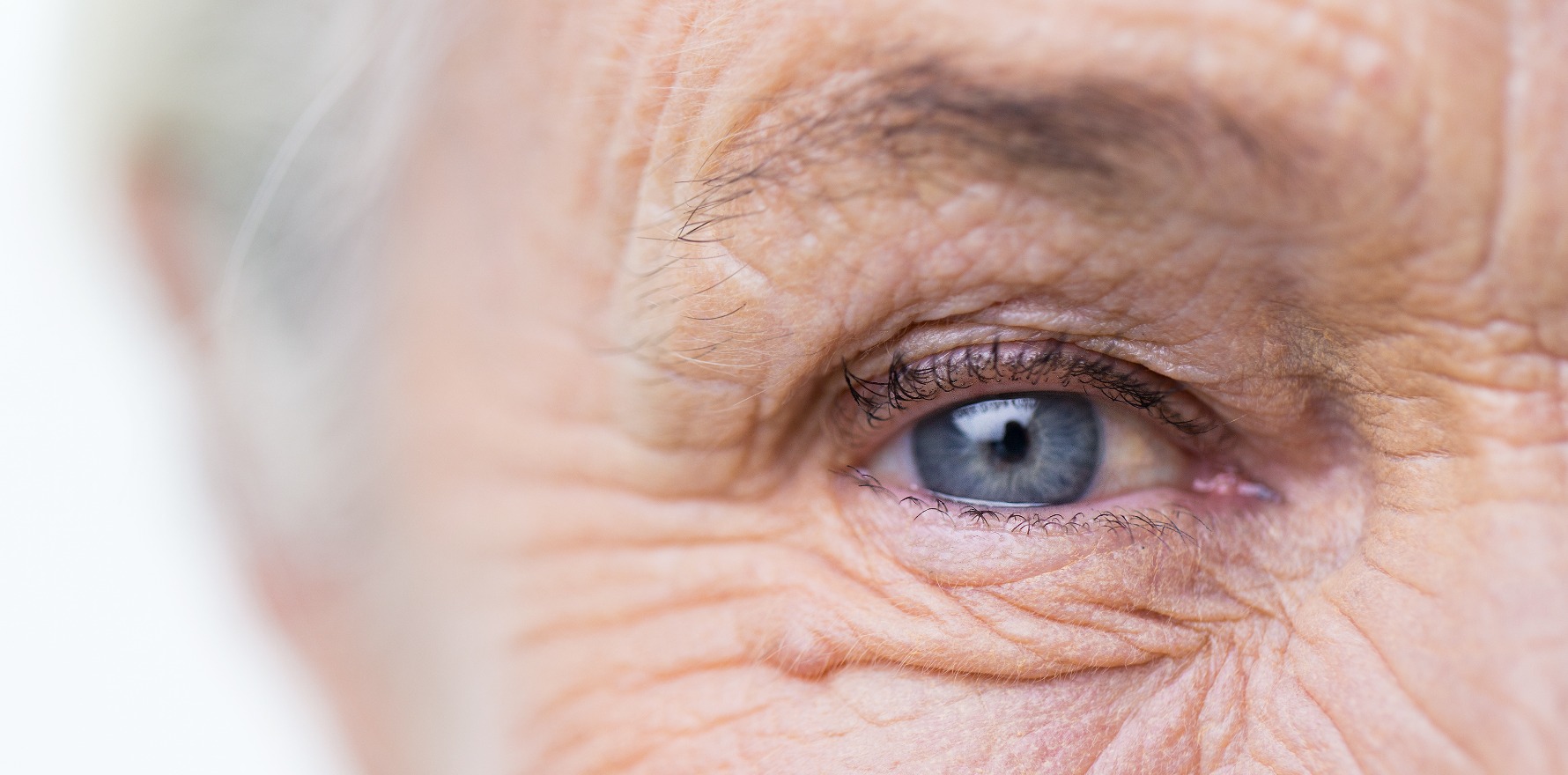A new US study shows two-dose RZV prevents most herpes zoster cases without triggering severe lupus flares.
The recombinant zoster vaccine is both effective and safe in adults with systemic lupus erythematosus, a retrospective US study using Medicare and commercial claims data has confirmed.
The analysis included more than 3500 vaccinated patients and matched unvaccinated comparators across two cohorts, tracking herpes zoster (HZ) incidence and severe SLE flares.
Results were published this month in the British Medical Journals’ Rheumatic & Musculoskeletal Open journal.
“Patients with systemic lupus erythematosus (SLE) are at a high risk of HZ, not only due to their intrinsic immune dysfunction but also to their chronic treatment with immunosuppressive medication,” the authors wrote.
“Patients with SLE experience HZ around four times more frequently compared with the general population; in the US, HZ incidence rates (IRs) of 15–25 cases/1000 person-years have been reported among patients with SLE, which are substantially higher than the rates of one–11 cases/1000 person-years observed in the general population.
“Patients with SLE in the US had the highest rates of HZ compared with patients with inflammatory bowel disease (IBD), rheumatoid arthritis (RA), psoriatic arthritis, psoriasis, ankylosing spondylitis or gout.”
The study demonstrated that a two-dose RZV series conferred substantial protection against HZ. Vaccine effectiveness (VE) was estimated at 70% (95% CI: 50%–82%) among Medicare beneficiaries and 54% (95% CI: 18%–74%) in commercially insured patients over a mean follow-up of 1.4–1.6 person-years.
Importantly, RZV administration did not increase the risk of severe SLE flares within 90 days. Hazard ratios were 0.91 (95% CI: 0.75–1.11) for Medicare and 0.94 (95% CI: 0.72–1.24) for commercial patients.
While pre-approval trials had demonstrated RZV efficacy exceeding 90% in adults 50 years and over, evidence in SLE patients, particularly those under 50 years or on immunosuppressants, has been limited, the authors wrote.
This study filled an important knowledge gap, confirming that vaccination is effective in routine clinical settings and did not exacerbate disease activity.
Related
The findings reinforce current guidance from the American College of Rheumatology and European rheumatology societies, which recommend RZV for adults with SLE aged ≥18 years, especially those receiving immunosuppressive therapy. Despite these recommendations, vaccination uptake in SLE remains below 30% in the US, highlighting a need for ongoing clinician education and patient outreach.
The authors noted that limitations of the study include reliance on administrative claims, which may under- or misclassify flares and HZ events, and a smaller representation of immunocompromised patients under 50 years. Subgroup analyses by immunosuppressive regimen and disease severity were planned in future updates, they said.
“Our results provide evidence that the two-dose RZV vaccination schedule is effective in patients with SLE, and that vaccination is not associated with a subsequent increase in the risk of severe SLE flares,” the authors concluded.
“These data support the current recommendations of rheumatology professional societies and further strengthen the evidence that RZV vaccination can benefit patients with SLE, especially considering that this population is at a high risk of HZ.”





